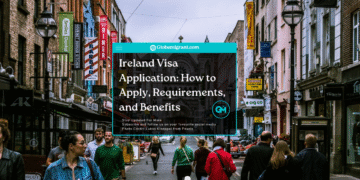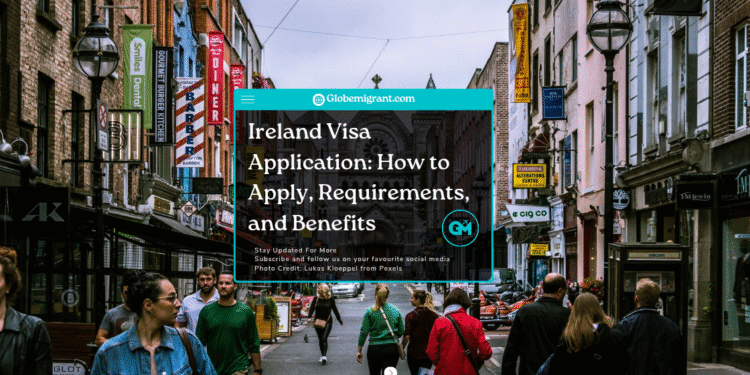Planning a visit to Ireland? Whether your goal is education, work, tourism, or joining a family, understanding the Ireland visa application process is essential. Ireland remains one of the most attractive destinations in Europe, not only for its high quality of life but also for its welcoming culture, strong economy, and world-class institutions.
This Article is Free for Subscribers
Access 2000+ premium insights, visa updates, and global lifestyle stories all in one place. <div> For Subscribers, Login here
Login if you have purchased



































